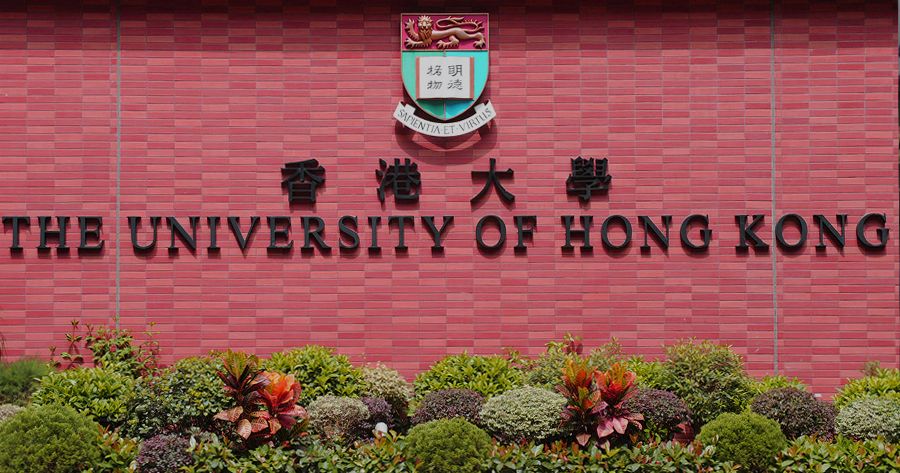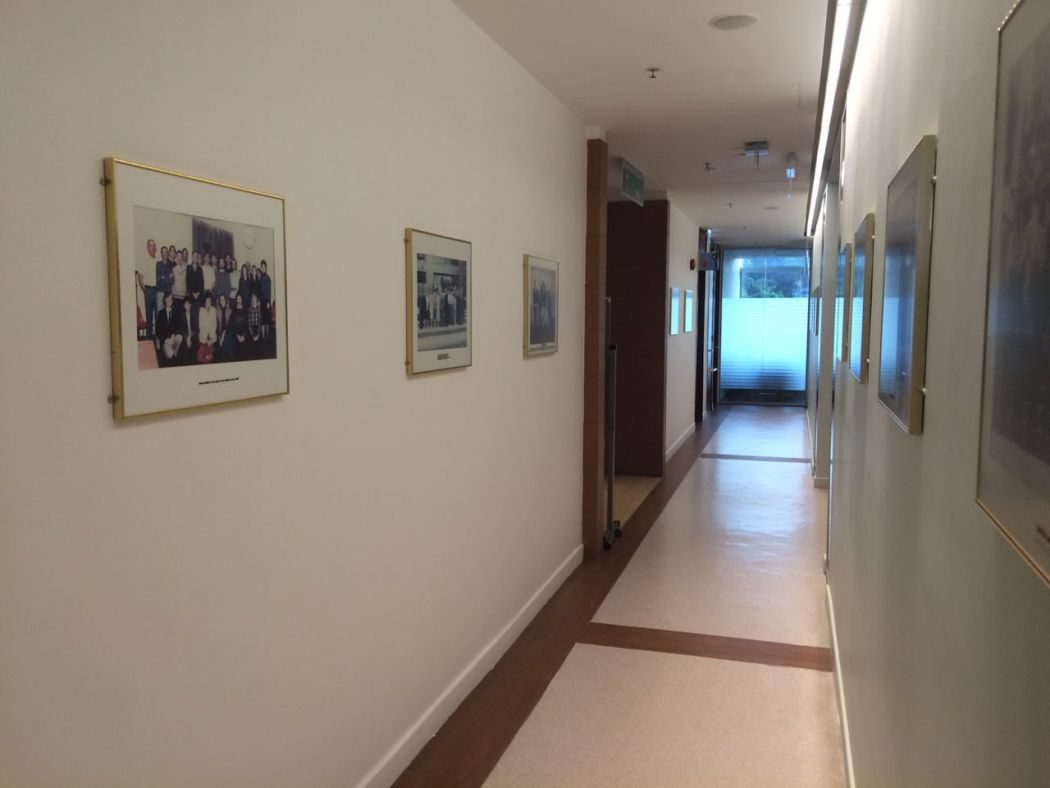The University of Hong Kong has replaced an instructor following student complaints related to rape comments he made in class.
In an email dated September 18 obtained by HKFP, the Department of Law told students taking the Law of Evidence class that it had “received student complaints concerning the comments made by the instructor in the context of rape and his subsequent reaction in class to the complaints.”

According to an audio recording submitted to HKFP by a student complainant, the instructor, Christopher To had been discussing the topic of prejudicial evidence. He gave an example whereby a rape victim boasted on Facebook that she had slept with a hundred men and taken part in group sex. He said the accused would claim the woman was “open” and “loose,” as the judge considered whether the evidence was admissible. To then suggested that the situation could be incitement of rape.
“Doesn’t mean when she’s wearing a short skirt she’s asking for it, but if she’s doing [a lot of] incitement, encouraging people that she likes to do all this stuff, the defence would say that is good evidence: ‘The fact that I didn’t really want to do it, she was encouraging me to do it. As you know, I’m just a man, I get hungry… should I not [act] if she’s throwing herself at me?’”
A second student, who spoke to HKFP on the condition of anonymity, confirmed the account.
The Department apologised to “everyone who was made uncomfortable by the comments” and announced its decision to replace To with another instructor after careful consideration.

To was previously director of Zero Carbon Building Limited and Executive Director of the Construction Industry Council, according to his Linkedin profile. He was also the Secretary General of the Hong Kong International Arbitration Centre.
The classes took place on September 6 and September 13.
‘You assess me, I assess you’
According to the recordings and transcripts provided by a third student, To pledged not to mention “sexual things” following complaints about his first lecture. He said that it was not his fault if the students did not know anything about such topics. To added that the case he mentioned was a real one and that the defence brought evidence from Facebook to show that a rape victim was “asking for it” because she slept with many people.
“You know what the judge said? This evidence cannot be admitted. My key thing I was trying to convey was: information on the internet under section 22A of the Evidence Ordinance sometimes doesn’t apply.” He said students had an “emotional attachment” to those cases, and he would not mention them anymore.
In the clips, To complains that he “wasted” his time speaking to the head of department for an hour about the case. He further stated he had an IT degree and claimed he had noted down the accounts of the people who were on social media during class. Therefore, he would have evidence that those students were not listening, when they asked him why they do not have A+ grades: “You assess me, I assess you,” he said. To also mentioned that he would sit on the board of PCLL – meaning the legal qualification exam.
When asked about the incident, To said he had no comment and referred HKFP to the university. HKU’s Law Faculty did not respond to questions.
‘No intention to offend’
The second student told HKFP: “In the subsequent lecture, he seemed to want to say that he was merely ‘playing the devil’s advocate’ by saying what a defence lawyer would have said. But when he made those comments in the first class he said them matter-of-factly, or like it was a joke. Honestly, what defence lawyer in their right mind would claim that a woman dressing provocatively etc. is ‘inciting’ sexual advancement?”

The first student also said, “Also, even if giving him the benefit of the doubt [that] he really was quoting a defence lawyer, it’s still not acceptable without firstly making it clear and citing the case.” They added that he should have avoided graphic language and adopting a humorous manner.
In an email sent by To on September 14 and sent to HKFP by the third student, To told the class: “[M]y intention was to give an example of how internet information needs to be verified in light of being credible and… how the judge may look at it in the eyes of the vulnerable.”
“There was no intention to offend. If so, I apologise once again for this,” he said.
